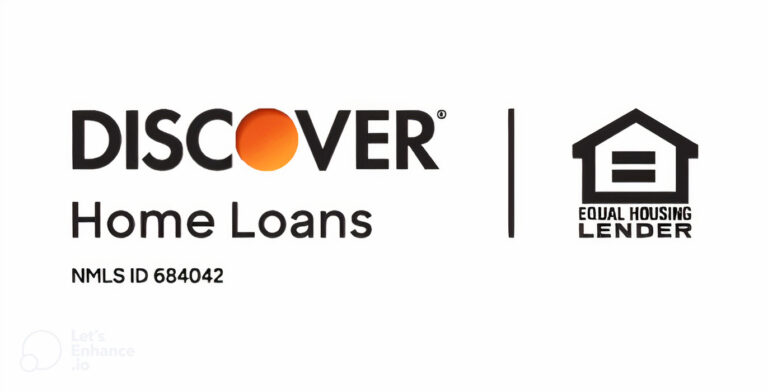If you’re retired, you may be fortunate enough to own your home outright or be close to paying off your mortgage. Thus, your home equity can be a significant source of retirement funds.
Two popular ways for retirees to tap into this equity are cash out refinances and reverse mortgages.
Each has its benefits and drawbacks, making them suitable for different retirees. Below, we’ll explore each home lending product to help you make the right choice.
What is a Cash Out Refinance?
A cash out refinance from Discover® Home Loans or another home lender is a type of loan you use to pay off your existing mortgage while tapping your equity. To do this, the refinancing loan is larger than your current mortgage — and you pocket the difference as cash.
For instance, you might take out a $150,000 cash out refinance loan to pay off a $100,000 mortgage balance. The $50,000 difference is yours to keep.
Pros of Cash Out Refinancing for Homeowners
Here are some advantages of getting a cash out refinance when you retire:
- You can potentially lower your interest rate.
- There is a defined loan term.
- You can adjust your term length.
Cons of Cash Out Refinancing for Homeowners
Keep these drawbacks in mind when considering a cash out refinance:
- You must make monthly payments.
- Qualifying may require a strong credit score.
- You must take the proceeds as a lump sum.
What is a Reverse Mortgage?
A reverse mortgage is a special type of lending product available to homeowners aged 62 and over who own or nearly own their homes free and clear.
As the name implies, the lender sends you money in exchange for your equity, and it doesn’t count as taxable income. You can take this money as a lump sum, annuity, or line of credit.
You are not required to make any set monthly payments. However, if you fail to keep up on insurance/property taxes or sell the home, the entire balance of the reverse mortgage may become due.
If you die, and your spouse is classified as an eligible non-borrowing spouse, they may be able to continue living in the home. Otherwise, your heirs must pay off the reverse mortgage balance.
Pros of Reverse Mortgages for Retired Homeowners
- No mandatory monthly payments.
- No minimum credit score.
- Several borrowing options available: lump sum, line of credit, or annuity.
- These are non-recourse loans, meaning you can’t owe more than the home’s value when the loan comes due.
- These loans allow elderly borrowers to age in place by continuing to live in the home.
Cons of Reverse Mortgages for Retired Homeowners
Reverse mortgages do have some downsides to know about:
- You must be at least 62 years old to take one out.
- These can impact your estate planning because you’ll pass this loan down to your heirs when you die.
- Reverse mortgage counseling is required.
- The loan can become due typically 30 days after you don’t meet certain requirements or if you die. If someone lives with you and they aren’t on the reverse mortgage, they may be forced to leave the home.
Closing Thoughts: Cash Out Refinance vs. Reverse Mortgage for Retired Homeowners
Cash out refinance loans can be a great product for homeowners who are still in the workforce nearing retirement or retiring early and looking to maximize the value of their home — deciding whether to sell it or pass it down.
On the other hand, a reverse mortgage may work better for retirees who have valuable homes that they plan to use as primary residences, and which aren’t a significant portion of their estate planning. They also work well for retirees with credit scores that are too low to qualify for the best cash out refinance rates.
All that said, there are a lot of nuances to know about each lending product. It’s important you spend time shopping around and consulting a financial professional if you have questions.
Please note: Discover Home Loans offers home equity loan and mortgage refinance products but does not offer reverse mortgages.
About Discover Home Loans

Discover Home Loans provides home equity loans and mortgage refinance options with a range of benefits for qualified homeowners. Find options that fit within your budget at discover.com/home-loans. © 2023 Discover Bank, Member FDIC | NMLS ID 684042
Contact Information:
Name: Carolina d’Arbelles-Valle
Email: [email protected]
Job Title: Senior Digital PR Specialist
Tags:
IPS, Reportedtimes, Google News, ReleaseLive, CE, Go Media, Extended Distribution, iCN Internal Distribution, English

